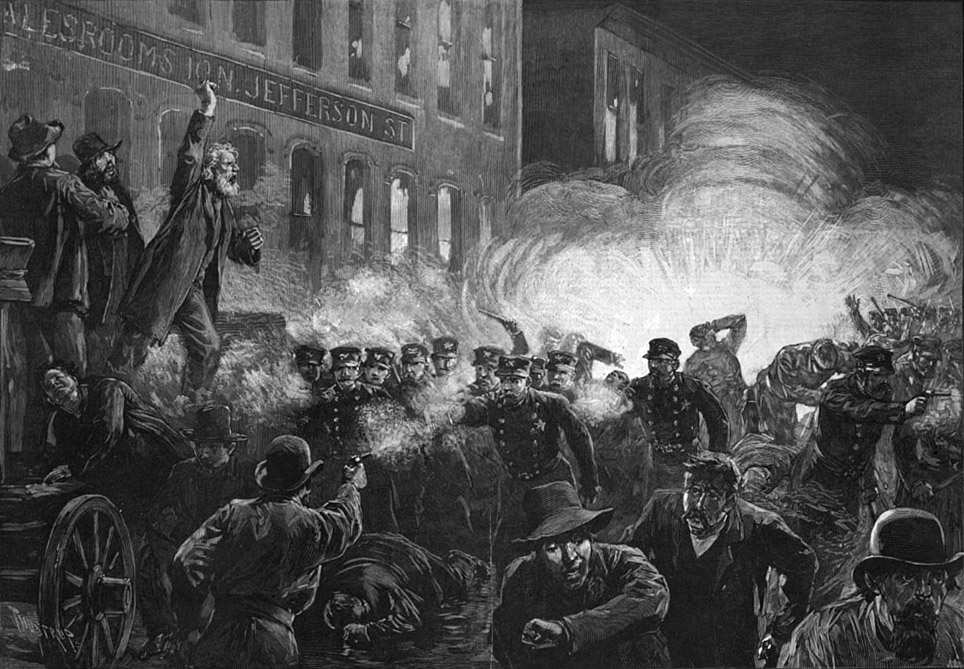 |
| John Peter Zenger |
Who was John Peter Zenger?
Zenger was a printer in New York who printed the New York Weekly Journal. The newspaper included many criticisms of the government, particularly towards the governor, William S. Crosby. While Zenger did not write the articles, he was arrested for libel - publishing works that oppose the government. He refused to name the anonymous authors.
What was the controversy over his charges? Talk about Hamilton's defense.
Obviously, it is controversial that Zenger did not write the articles, but still was convicted of a crime. Also, many believed the government was restricting the freedom of the citizens to convey their ideas. For these reasons, many believed Zenger should not be convicted. The first jury of the trial was filled with men paid by the governor, and Zenger's wife published accounts of this. Her publications led to a second, fair jury. On top of this, supporters of Zenger's cause hired Andrew Hamilton, one of the most famous lawyers of the time, to defend him. Hamilton made the argument that Zenger should not be guilty since his publications were true, and said a free press is the only thing that can protect the citizens from corruption. The jury quickly found Zenger not guilty, and he and Hamilton were revered.
What influence did this case have on American governmental tradition?
The trial impacted future members of government and their views on freedom of the citizens to convey their ideas. The first US Congress ensured free press in the First Amendment.
What is the lasting significance of his trial?
After the verdict was reached, journalists became more outspoken and felt more open to write their opinions, and printers were free to publish them. This was evident leading up to the American Revolution as many newspapers used it to speak their minds about their dislikes of the British government and their desires for independence. As more people saw this, revolutionary spirit among colonists soared. As mentioned above, once freedom was achieved, freedom of the press was the First Amendment to the new Constitution.
 |
| The Haymarket Affair |
No comments:
Post a Comment